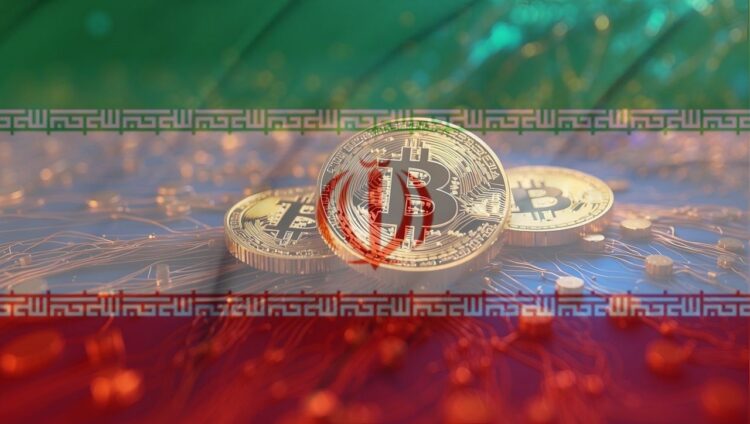In a significant policy shift, Iran has opted to regulate the burgeoning crypto industry rather than impose restrictions on it. This decision marks a pivotal change in the country’s approach to digital currencies, with far-reaching implications for its economy and international relations.
The Role of Iran’s Central Bank
The Central Bank of Iran has been entrusted with the comprehensive management of digital assets. This includes establishing a regulatory framework, supporting financial institutions in adopting digital currencies, and overseeing transaction compliance. In pursuit of these goals, the Central Bank has already issued guidelines focused on tax compliance and anti-money laundering protocols.
Understanding the Magnitude of Iran’s Crypto Holdings
Iranian investors currently possess between $30 billion and $50 billion in crypto assets, a substantial holding that represents approximately one-third of the nation’s entire gold market value. This significant investment underscores the importance of structured regulation to safeguard and potentially augment these assets.
The Crucial Timing of the Decision
The timing of Iran’s decision to regulate cryptocurrency is particularly strategic. Minister of Economic Affairs and Finance Abdolnaser Hemmati outlined several anticipated benefits:
- Attracting both domestic and international investors.
- Creating job opportunities and boosting employment, particularly among the youth.
- Facilitating Iran’s integration with the global economy by providing access to a broader array of financial services enabled by cryptocurrency transactions.
Above all, this move is seen as a protective measure against international sanctions. With the political landscape potentially shifting in the United States, Iran seeks to fortify its economic defenses.
Implications of Potential US Sanctions
Previous sanctions significantly impacted Iran’s economy, and there is speculation about the possibility of renewed sanctions. However, analysts like Arun Jayaram from JPMorgan suggest that further sanctions could disrupt the global oil supply, removing up to one million barrels per day from circulation. Despite these uncertainties, Iran’s decision to regulate its crypto industry positions it to better withstand economic pressures.
International Relations and Economic Strategy
Iran is making strategic compromises to mitigate tensions and improve its international standing. Recently, the United Nations announced that Iran would cease producing enriched uranium suitable for weapons, aligning with broader diplomatic efforts. Additionally, Iranian President Masoud Pezeshkian has prioritized establishing amicable relations with Western nations, seeking relief from sanctions and a return to economic normality for Iranian citizens.










